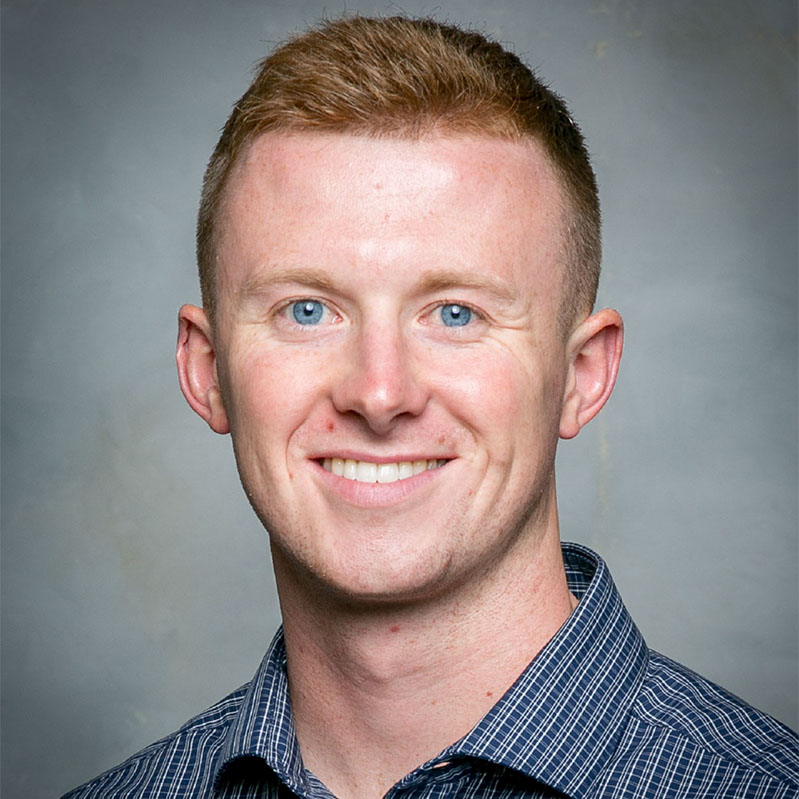
Charlie Egan remembers his undergraduate career at Kenan-Flagler quite fondly. “The structure of the program sets you up for wanting more and doing better for yourself” , he says. The small classroom sizes, group projects, and hands-on learning exposes students to how the real world functions. Working with students who have varying backgrounds, functional expertise, and interest in industries, he learned how to be flexible and apply those collaborative skills on a global scale. Additionally, being a top business program, the caliber of students within the program is exceptionally high. Charlie remembers being in awe of many of his classmates, their accomplishments, and their pursuits. Surrounded by such creative problem-solvers, students are motivated to think critically and examine business issues from a variety of perspectives.
Another aspect of the business program that Charlie appreciated was the network of alumni available to students. He found his junior year internship through an older student who had shared the opportunity with him. As a result of the positive feedback he received regarding the position, he applied to the General Electric (GE) finance internship through Careerolina which resulted in an interview and ultimately an offer for a summer internship.
After graduation, Charlie returned to GE on the full-time two year finance rotational program. When asked about what his favorite aspect of his current job was, Charlie replied “providing a service that brings electricity access to those that don’t have it” . Knowing that his company has a mission-driven purpose makes him feel good about the work he does. Over 1.2 billion people don’t have access to electricity in the world and GE is working to resolve that. Currently, the company helps to provide 1/3 of the world’s electricity and is looking to expand the number of people it’s reaching. Connecting impoverished areas with electricity improves the standard of living and opens economic opportunities for the individuals in those areas.
Charlie also stresses the benefits of doing a rotational program with a company. His program has a total of 50 members who partake in numerous activities, and classes, and as a result have established both great working relationships and friendships.
With his program ending soon, Charlie faces a new challenge. What to do next? “Early on in your career when you’re inexperienced, people will reach out to you and want to advise you. As you progress further, the burden of what to do falls on your shoulders” . As his next step, Charlie is considering other functional areas within GE such as consulting or opportunities external to the company. He is also considering an MBA. Charlie views career progression in one of two ways – “In the beginning of your career, you can either go straight for what you’re really interested in or take traditional roles to build up your skills and experience and then apply it to what you’re really interested in” . Charlie has chosen the latter. Ultimately, however, he hopes to pivot into the sustainability space. For now, he is working on improving his business acumen and strengthening his foundation of business principles. He is optimistic that this path will bring him closer to those opportunities he wants in the renewable energy sector.
1. “Have patience in your career. You don’t need to be working in your dream job by year two. Understand that you will be working for many years and that you create your own timeline.”
2.”Never underestimate the power of networking and relationships. The connections you make in school and in your career will stay with you and open doors to opportunities when you least expect it.”